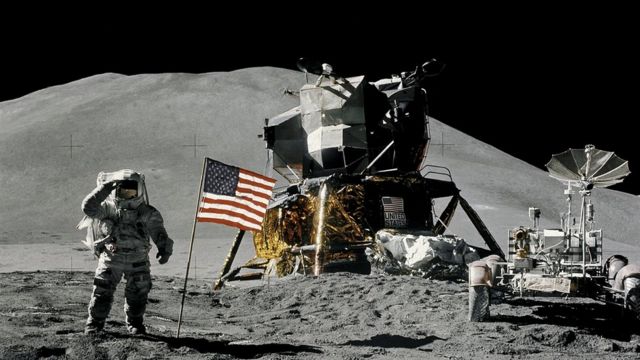Japanese scientists have unlocked the mystery of how life on Mars might have coexisted with life on Earth.
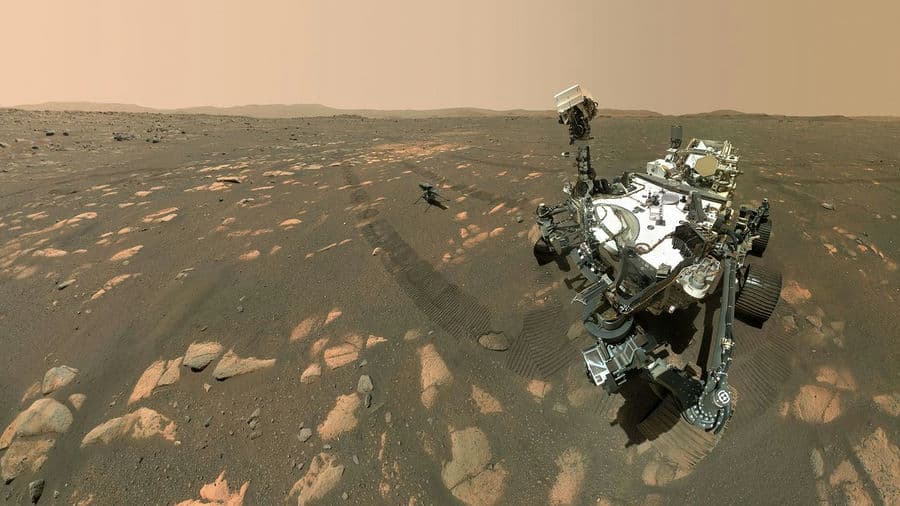
Born in the Goldilocks zone of the Solar System alongside Venus and Earth, boasting oceans and some living conditions… yet Mars has always been doubted for seemingly lacking the elements to kickstart a living world.
Now, researchers from Tohoku University (Japan) have discovered what they call a “life spark,” according to Sci-Tech Daily.
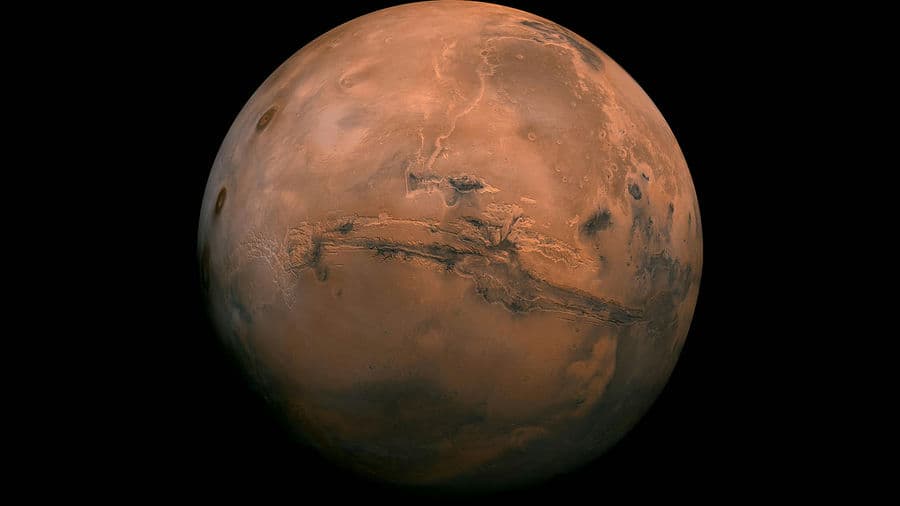
To do this, scientists used computer models based on available data about Mars to investigate whether the planet’s early atmospheric conditions could have spurred the formation of organic compounds.
Published in the scientific journal Scientific Reports, they reveal that today, while Mars is dry and freezing, it had a “friendly” past about 3.8 – 3.6 billion years ago. Back then, Mars had a mild climate maintained by the warming effects of gases like hydrogen. That was also when the planet had water, stored in rivers, lakes, oceans that NASA has traced evidence of.
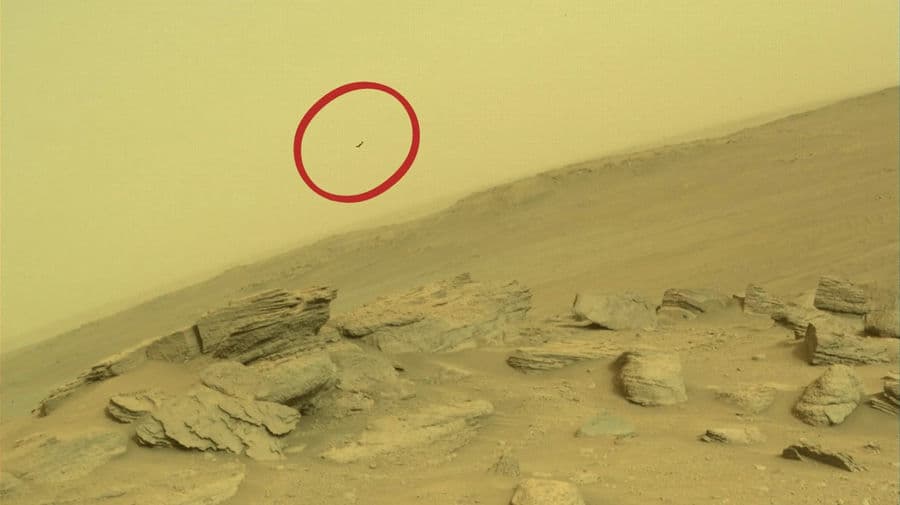
Model experiments showed that under those conditions, the reduced hydro, carbon dioxide, and carbon monoxide in the atmosphere could produce formaldehyde. It’s a simple organic compound that plays a crucial role as a precursor to the formation of important biological molecules like amino acids and sugars.
New simulations indicate that Mars’ ancient atmosphere produced substantial amounts of formaldehyde continuously during two early geological periods of the planet.
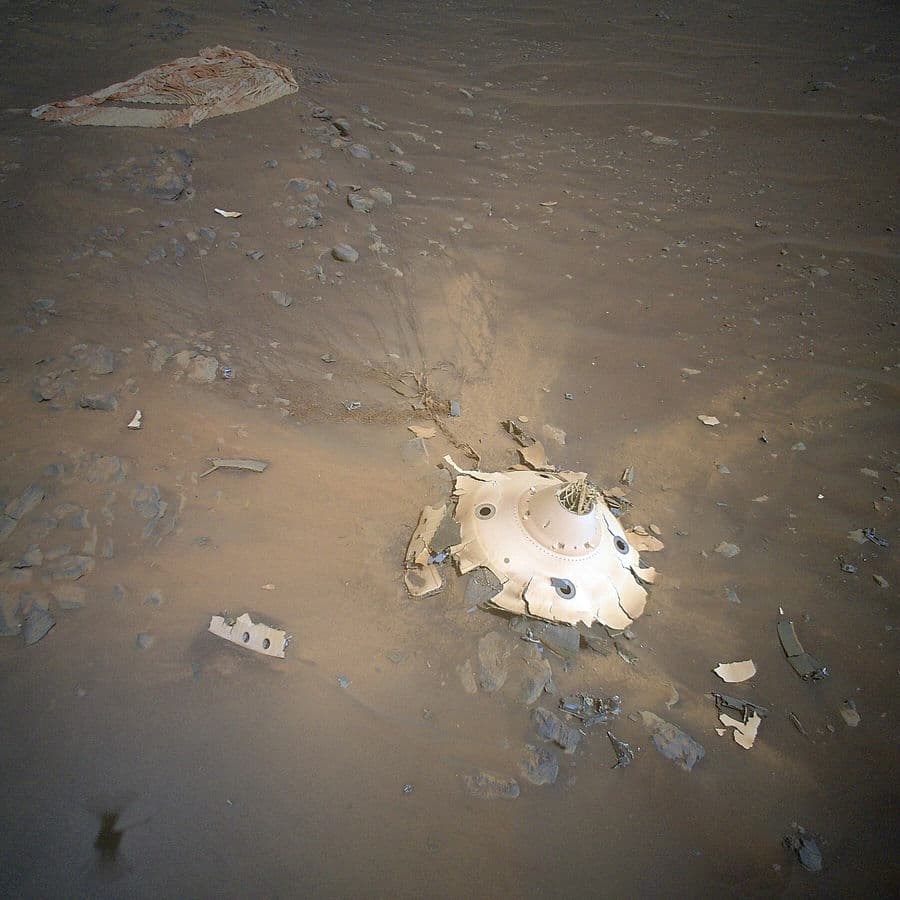
Thus, Mars may have possessed the building blocks of life thanks to the miraculous reactions in its atmosphere.
The study not only provides evidence for the potential existence of life on ancient Mars but also offers a way for life to emerge on a planet born in the Goldilocks zone of star systems.
Additionally, there’s another widely accepted theory about the origin of life: It could have been brought by small asteroids and comets containing organic material.
Whichever way you look at it, this shows that life in the universe may have many ways to come into being. And, it’s almost certain that we are not alone in the cosmos.
Share this fascinating insight with your friends and relatives to ignite discussions about the possibilities of life beyond Earth!

